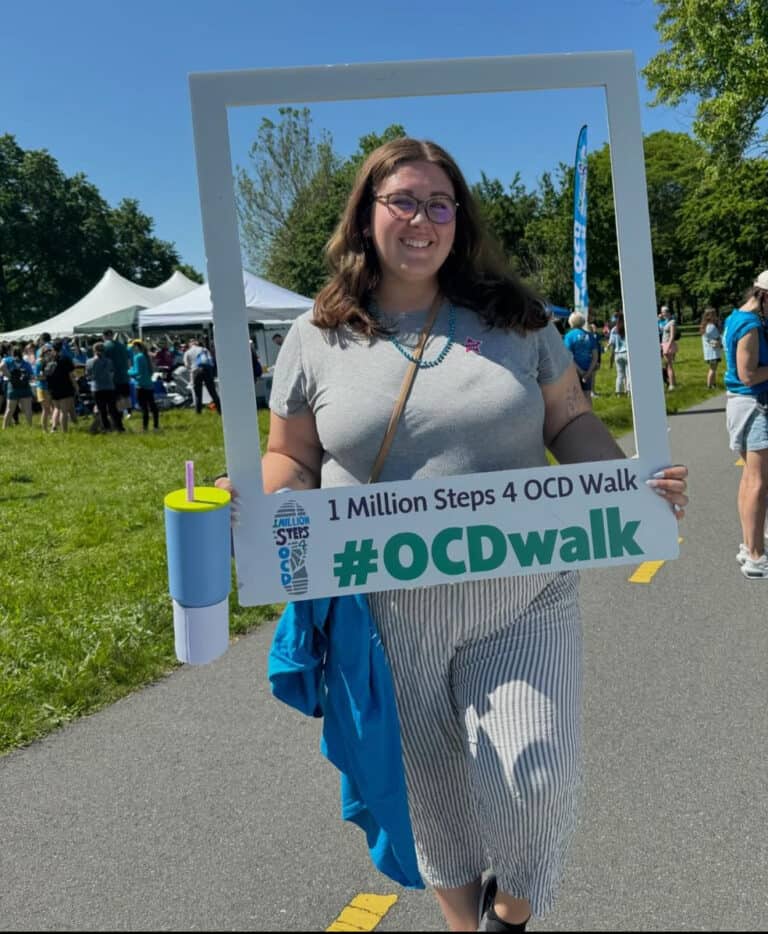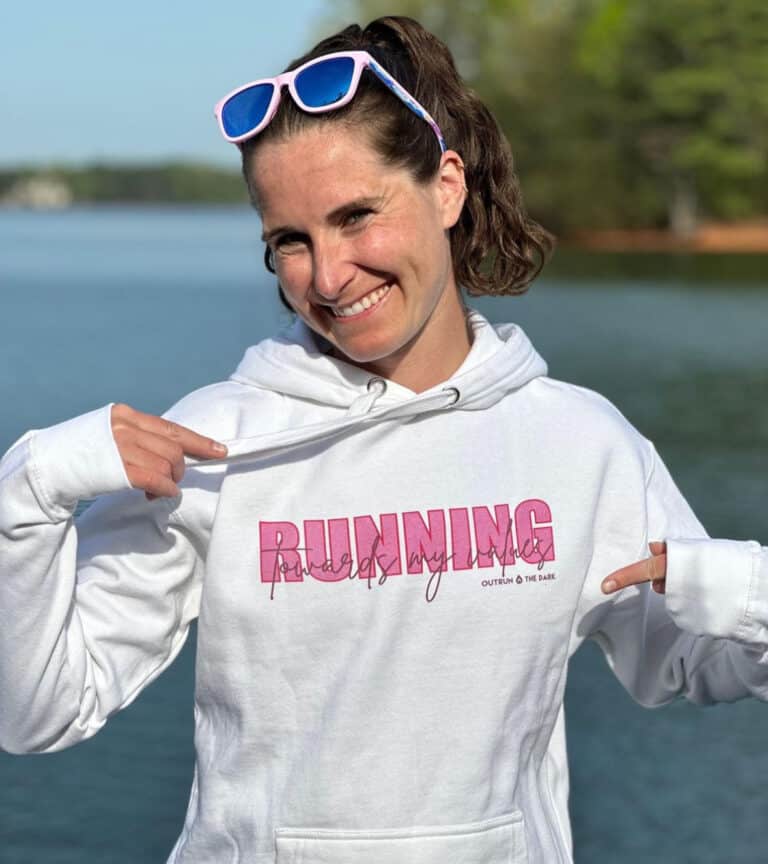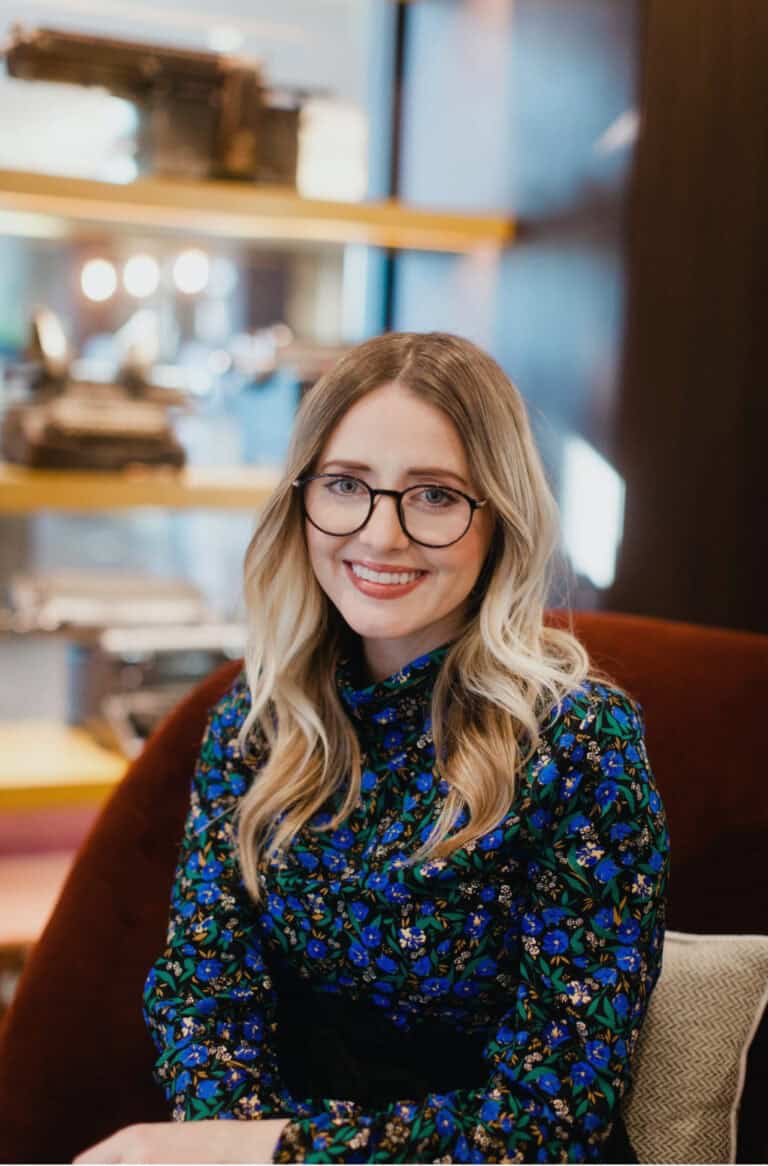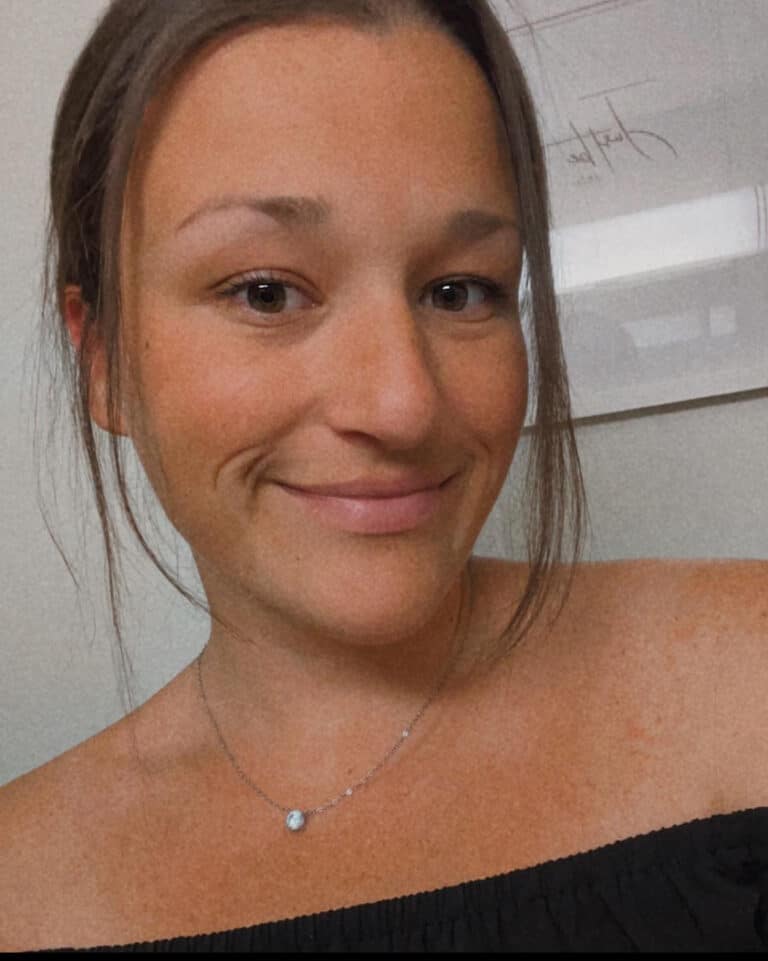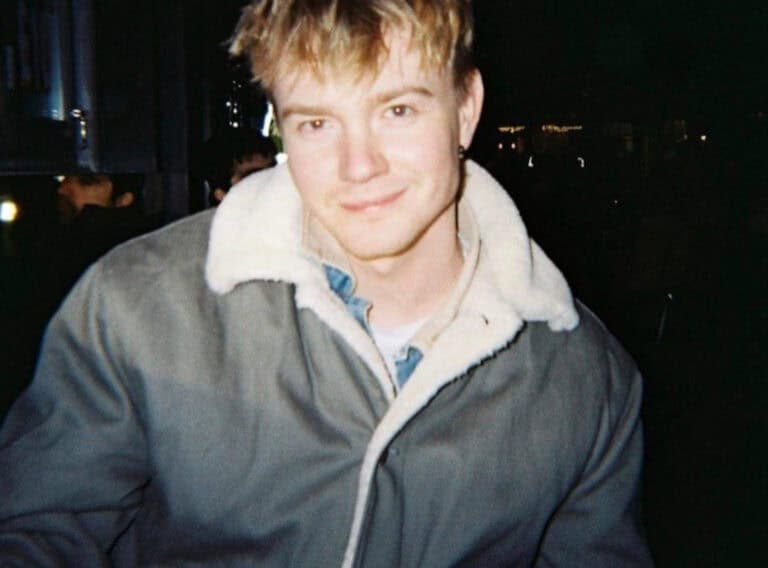From Silent Struggles to Triumph: My Battle with OCD
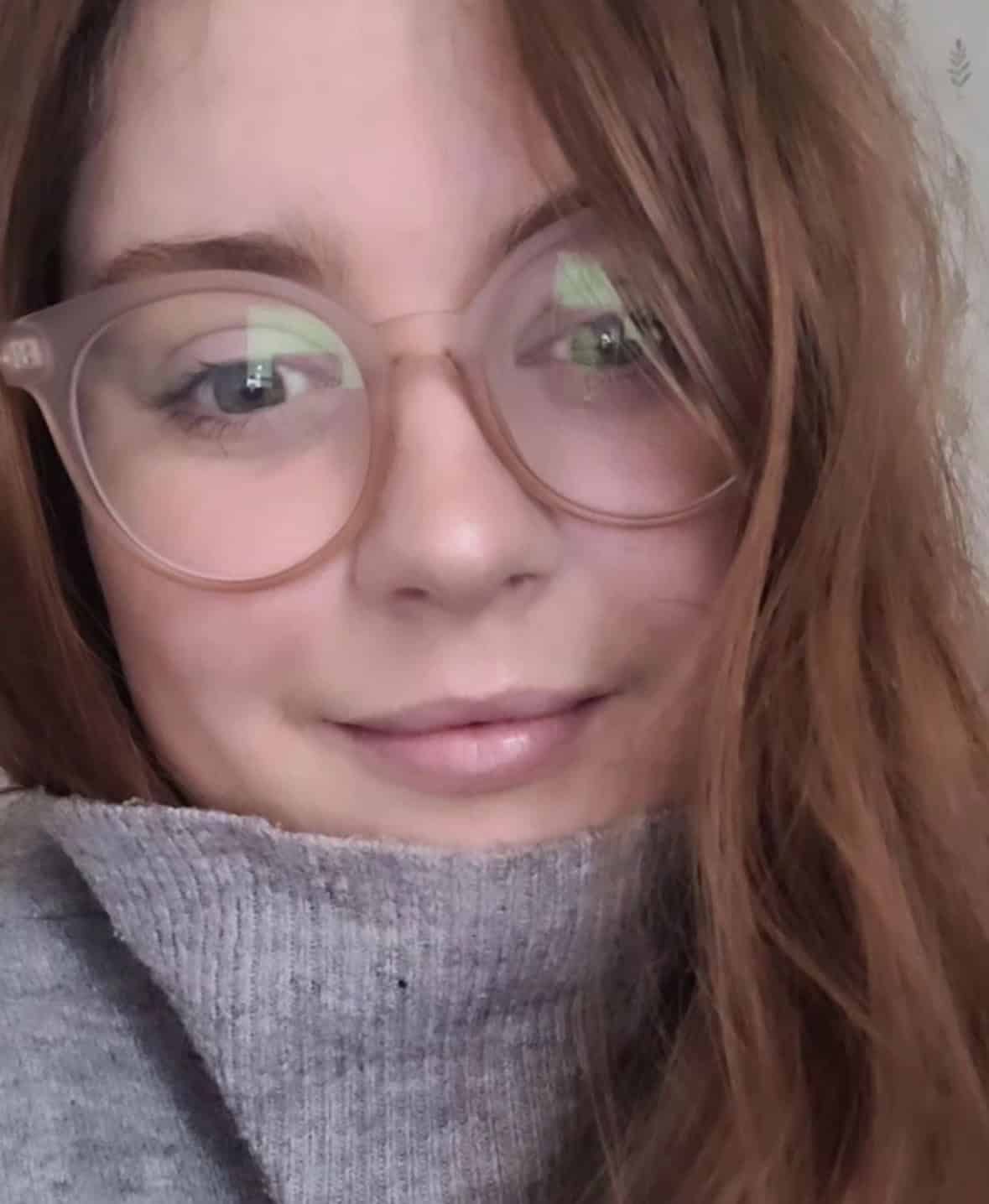
I knew that there was something wrong from around the age of 10, as I was struggling with intense intrusive thoughts that felt too difficult to discuss with the adults around me.
While I firmly believe that OCD is in my genetic makeup, mine was triggered by my dad being diagnosed with Motor Neurone Disease (MND/ALS) in 2006.
Triggering Event: My Dad’s Diagnosis
As part of his illness, he developed frontal temporal dementia, so his behavior changed. This left me feeling very out of control, not fully understanding what was happening to our lives. OCD, at first, helped me to feel as if I was regaining control.
Compulsions as a Coping Mechanism
My first compulsion I truly remember was going to the bathroom and making sure that I opened, closed, and locked the door before the extractor fan came on. By doing this correctly, in my head, it meant that I was saving my dad’s life.
This continued through other means, like making sure I stepped on the correct leaves when walking back from school or replacing “bad” thoughts with “good” ones.
The Impact of My Dad’s Passing
When Dad died in 2008, I was 12. Things started to get worse at first (intense praying, etc.), but over time, everything seemed to settle.
Ultimately, I think I became emotionally numb. But I successfully finished school, attended university, and entered into my first serious relationship.
Adapting to Life and Managing OCD
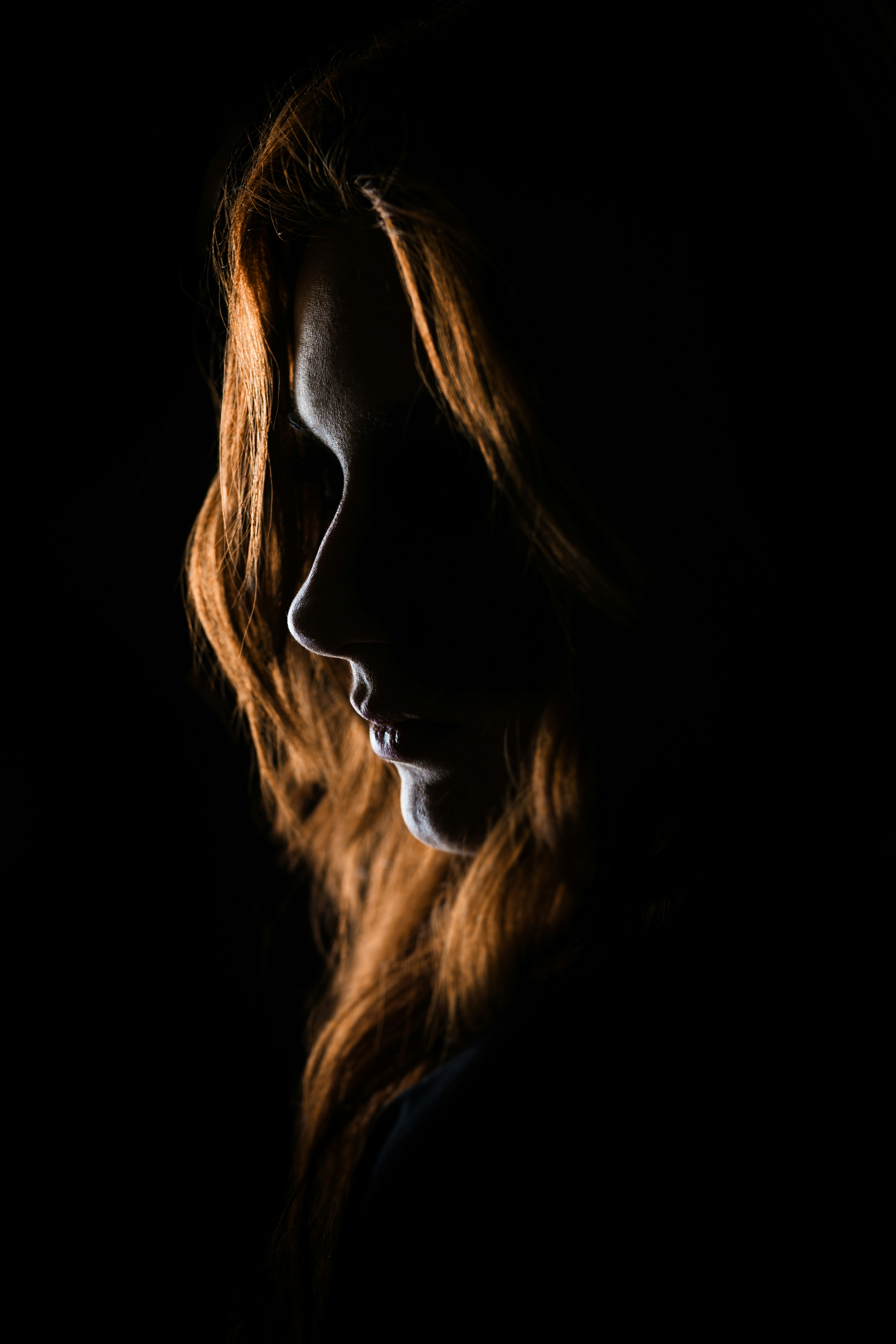
While I had difficult spots that really flared my mental health, I managed to stay somewhat happy and anxiety-free up until the beginning of the pandemic.
The Onset of the Pandemic and Mental Health Deterioration
In 2020, things came crumbling down. At the beginning of the year, I got engaged, and despite adoring my now husband, I panicked.
I remember waking up the day after, questioning whether I had made the wrong choice, asking friends and family for constant reassurance. My intrusive thoughts became intense, living permanently in my head.
Eventually, I came clean to my partner in early 2021, after he questioned my contamination fears when he came to the virus.
Seeking Professional Help and Initial Diagnosis
He encouraged me to touch base with a GP, which I did, who quickly placed me on an SSRI, recommended talk therapy, and told me I had anxiety. I changed medications in the autumn of 2021 and seemed to be getting on well.
However, after suffering from palpitations (due to anxiety), I was called in for an ECG and had a false positive in my rhythm reading. The doctor panicked, didn’t retest me, and made the mistake of taking me off the medication cold turkey.
Struggles with Medication and Further Diagnosis
Things became unbearable within a matter of days. I felt as if I’d woken up one morning with a different brain and started obsessing over existential questions, my health, my relationship, endless “what ifs.”
Honestly, I thought I was going mad – like I had lost complete control of my brain. They chopped and changed my medication for the remainder of 2022.
None of which was working for me. However, I found a fantastic therapist specializing in treating PTSD and OCD – and we got to work.
Finding the Right Therapist and Treatment
In January 2023, I met with a psychiatrist who formally diagnosed me with PTSD and suggested the right course of medication.
I felt beyond relieved to know what was happening to me and felt as if I was finally getting on the right treatment track.
Receiving the Correct Diagnosis
However, after moving and some big family life events, I genuinely believed there was something more to my story than PTSD. Intense rules were starting to ruin my life.
I wasn’t able to leave the bedroom for the belief I would die, I couldn’t cook, could barely communicate, and would regularly question my sanity.
In September 2023, I met with a second psychiatrist who, while completely agreeing I suffered from PTSD after losing my dad, told me that my main issue was OCD.
To say I sobbed on this phone call is an understatement. She told me I had a very severe form of OCD, likely from the age of 10. I am now 27 – so it took me 17 years to get diagnosed.
Current Life and Ongoing Management
Since then, things have only been getting better. I still take medication and meet with my therapist weekly, who helps me with ERP and EMDR.
I run a successful business, married my wonderful husband, bought a house, and started embroidering to raise awareness surrounding mental health.
Raising Awareness and Advocating for Better Understanding of OCD
It saddens me that OCD is still so misunderstood and misrepresented. Too often, it is trivialized or reduced to mere quirks or obsessive neatness, ignoring the profound impact it has on those living with it.
This misrepresentation can lead to stigma, isolation, and a lack of proper support for those who need it most. However, I remain hopeful that as we all keep telling our stories, things will start to change.
By sharing our experiences, we can foster a greater understanding and compassion for those battling OCD.
